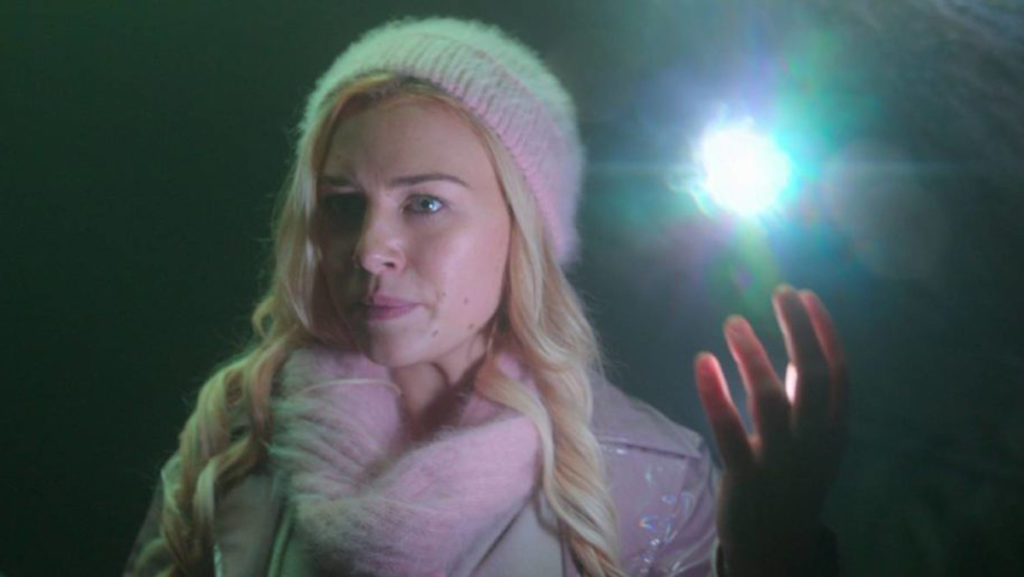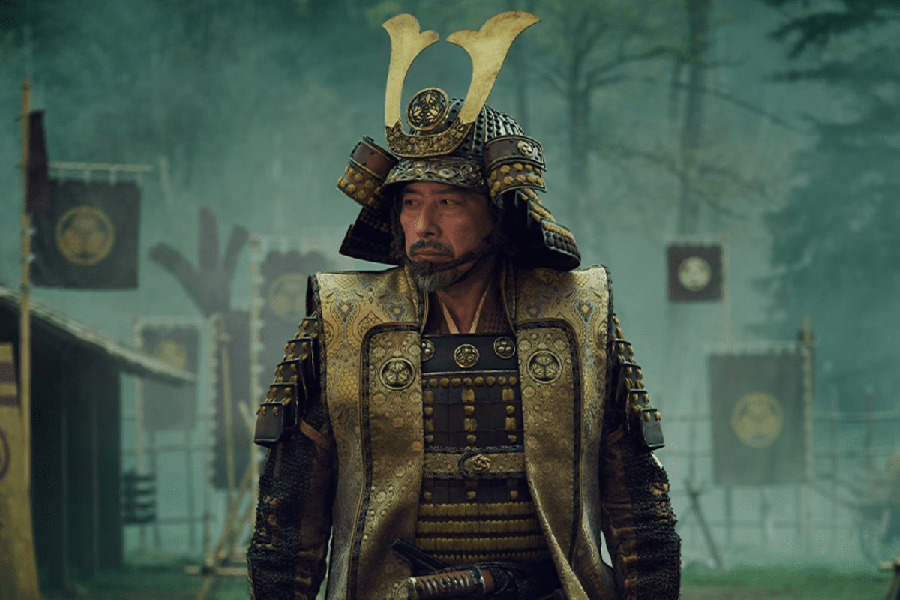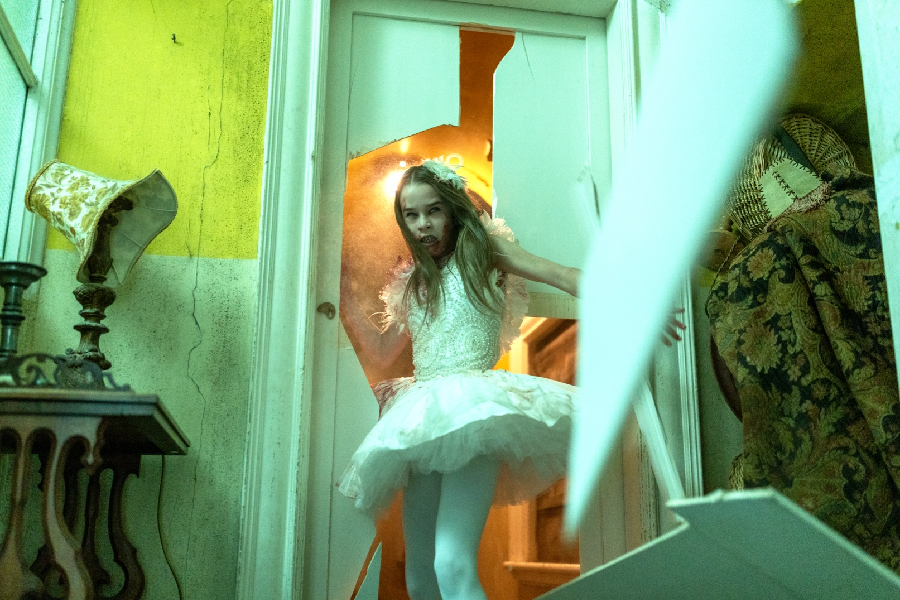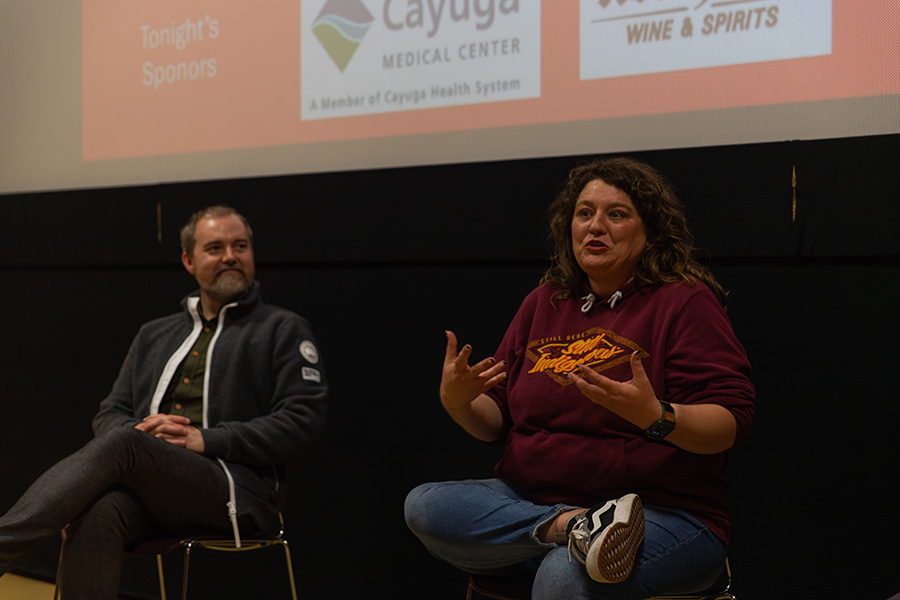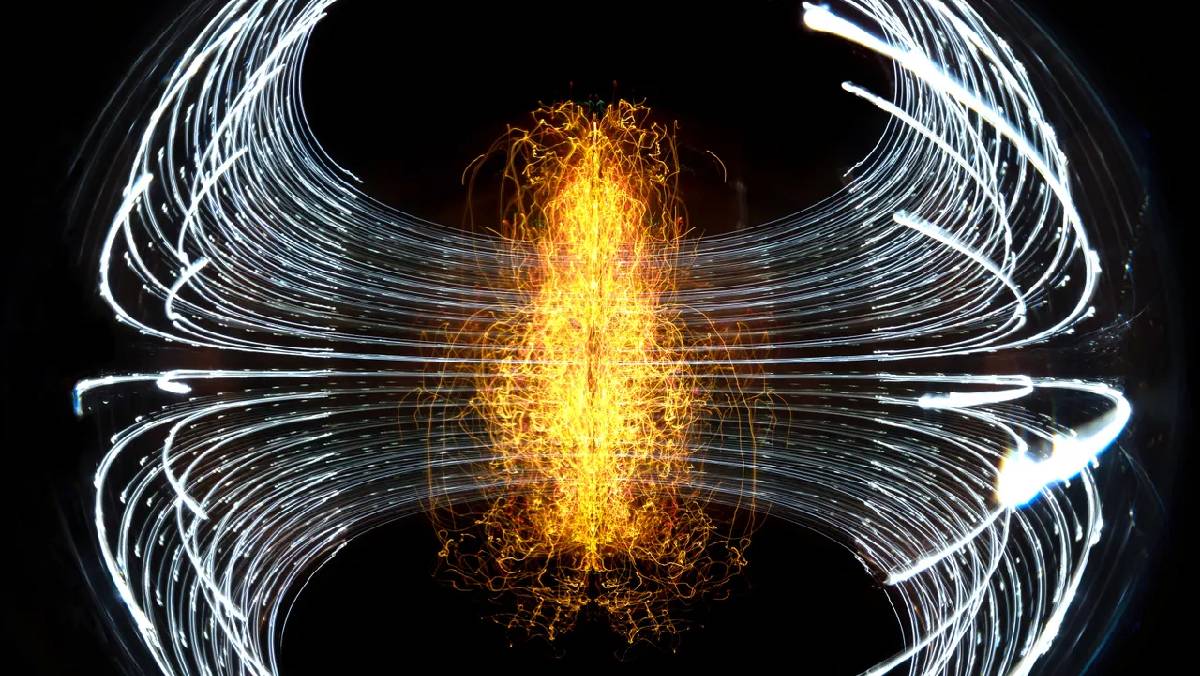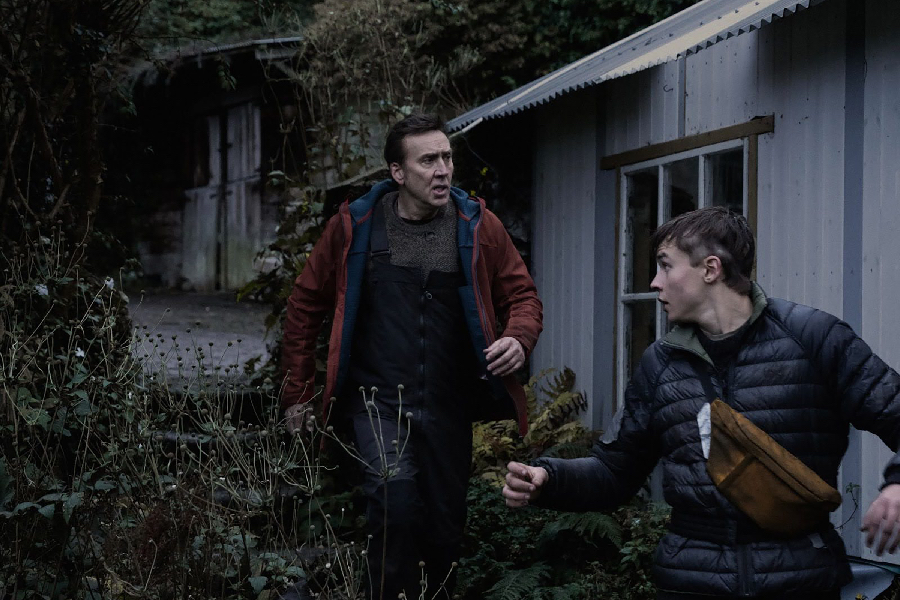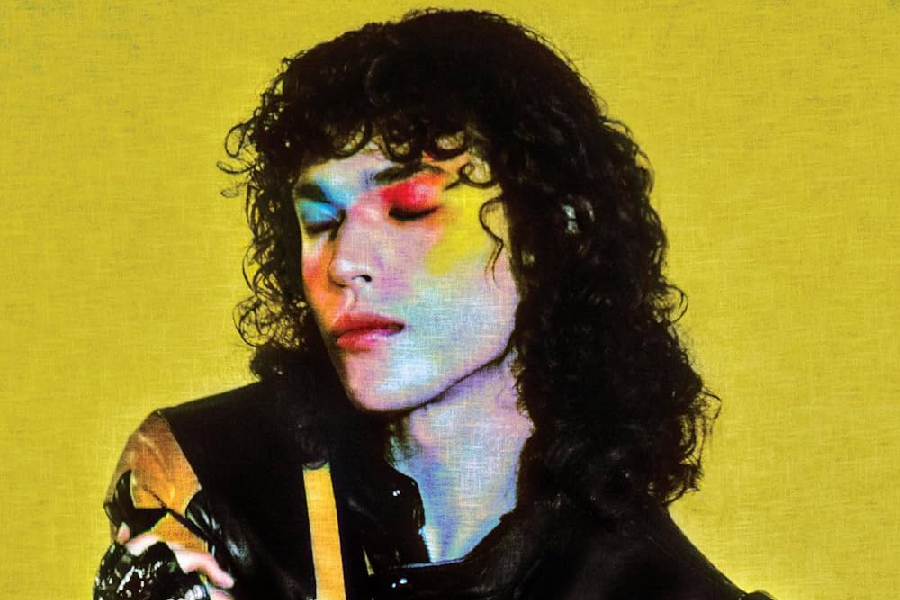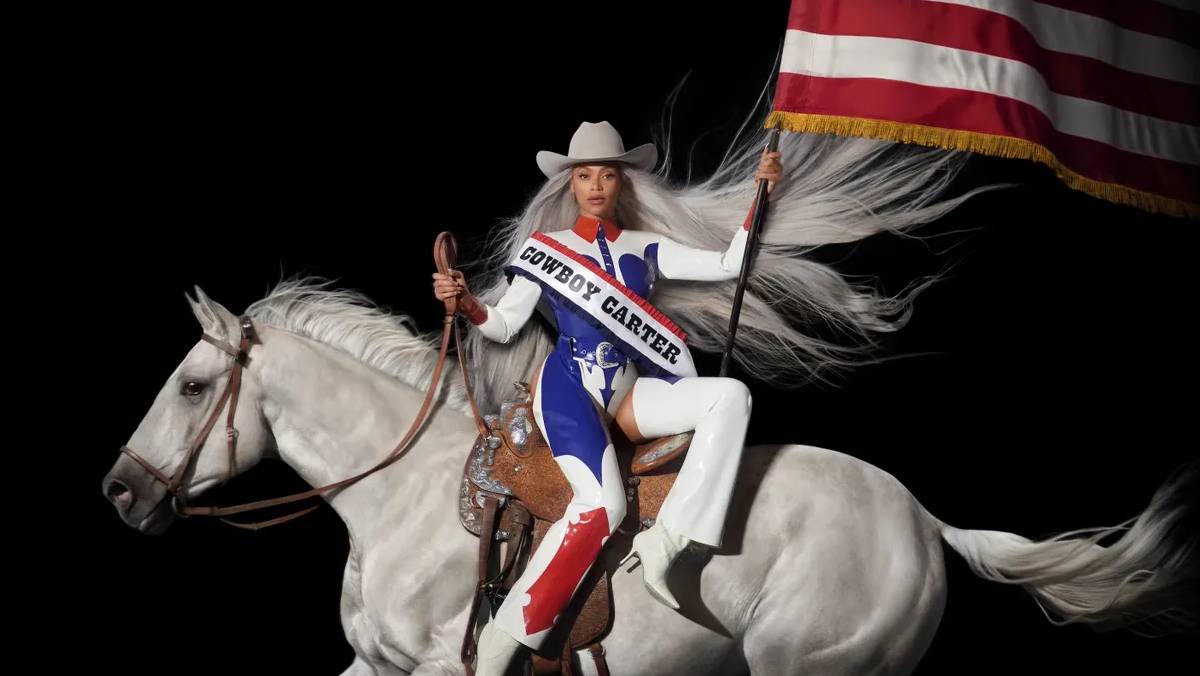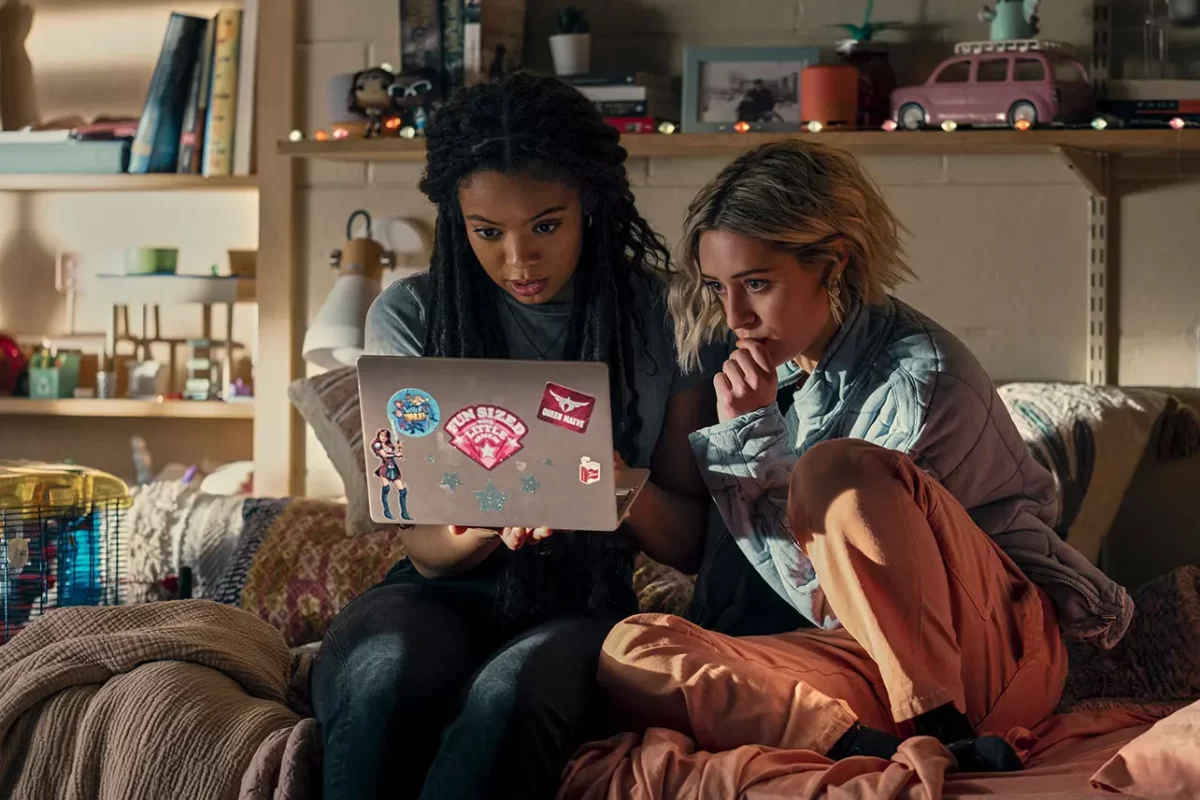In 2004, a colorful cartoon called “Winx Club,” a show that told the story of a group of teenage fairies attending magic school, graced television screens. Netflix’s “Fate: The Winx Saga” is a new, gritty live-action adaptation of “Winx Club,” but instead of whimsical magic, viewers are confronted with drugs, murder and steamy romance.
“Fate: The Winx Saga” follows Bloom (Abigail Cowen), a teenage girl from California who realizes she has magic powers when she burns down her house after an argument with her mother. Headmistress Dowling (Eve Best) finds Bloom and brings her to Alfea, a magic school for fairies, where Bloom learns to control her unruly powers. While at Alfea, Bloom befriends fellow students Musa (Elisha Applebaum), Stella (Hannah van der Westhuysen), Terra (Eliot Salt) and Aisha (Precious Mustapha).
When the first trailer for “Fate: The Winx Saga” was released Dec. 10, it fans of “Winx Club” immediately tore it apart. But it wasn’t the new edgy aesthetic that upset them. The original animated series included three women of color in its main cast: Musa, Aisha and Flora. In the Netflix series, a white actress plays Musa, and Flora is replaced entirely by the white character Terra. This leaves Aisha as the only woman of color in the show, and she is reduced to a motherly best friend for Bloom — a role far too many Black women are forced to play.
Besides the whitewashing, it is hardly worth comparing “Fate: The Winx Saga” with its source material, as the only things the two shows have in common are the names of a few main characters and a vague concept. The “Winx” branding tied to the show is purely for catching the attention of nostalgic fans.
“Fate: The Winx Saga” is a list of poorly–used tropes threaded together with a plot that struggles to survive under the weight of the teenage angst it is forced to carry. One of the most painful plotlines is the mysterious death of love interest Sky’s (Danny Griffin) father, chock full of confessions, arrests and unnecessarily dramatic plot twists. While the plot is convoluted, the magical world the audience is supposed to feel immersed in is drastically underdeveloped. In a feat of worldbuilding genius, the fairy world is called “the Otherworld.” And for some unexplained reason, fairies have British accents. The setting of Alfea feels like Hogwarts with all the magic and whimsy drained out of it, leaving a generic medieval castle behind. Every scene looks a little too similar, with characters talking to each other against a backdrop of gray stone, creating a painful monotony.
The soundtrack is also tedious. Only two types of songs are played throughout the show: somber music for when magic is happening and generic pop songs for when the characters are doing teenager things like kissing boys or going to parties. This only makes the ambiance even more two-dimensional.
Even the characters are impacted by the bland world they live in. Bloom and her friends follow distinct archetypes that many viewers will find frustratingly familiar. Bloom is the exceptional “not like other girls” girl with riveting dialogue like, “My mother and I don’t get along. She’d love a cheerleader, but I’m whatever the opposite of what a cheerleader is.” Musa is antisocial and likes music. Aisha is the mom friend. Stella is a bratty princess with an overbearing mother. Terra is a happy-go-lucky, conventionally overweight girl who is insecure about her body and worries no boy will ever want her. These are characters who viewers have unfortunately had to endure in other basic teen dramas.
“Fate: The Winx Saga” will live and die like all the “Riverdales” and “Vampire Diaries” that came before it. Its audience will gnaw on the bones of its ridiculous plot until the story falls to dust, and then the whole show will fade to obscurity.


